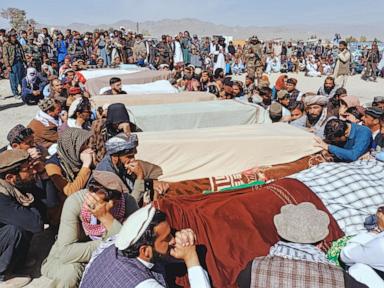Afghanistan and Pakistan have reached a ceasefire agreement following a series of violent clashes that resulted in the deaths of dozens and injuries to hundreds. The truce, which came into effect immediately, was mediated by Qatar and Turkey in an effort to halt escalating hostilities between the two countries.
The violence, which has intensified since early October 2023, saw both nations accusing each other of aggression. Afghanistan has firmly denied claims of harboring militants responsible for attacks in border regions, while Pakistan has struggled with a rise in militancy since the Taliban regained control of Afghanistan in August 2021.
Details of the Ceasefire Agreement
The Taliban government’s chief spokesman, Zabihullah Mujahid, expressed optimism about the negotiations held in the Qatari capital, Doha, where both nations signed a bilateral agreement. Mujahid stated, “It has been decided that neither country will undertake any hostile actions against the other, nor will they support groups carrying out attacks against Pakistan.”
This agreement is aimed at preventing both countries from targeting each other’s security forces, civilians, or critical infrastructure. In addition to the ceasefire, a mechanism will be established to review any bilateral claims and ensure the effective implementation of the agreement, with future discussions planned under the mediation of intermediary nations.
Pakistan’s Defense Minister Khawaja Asif confirmed the deal via a post on social media platform X. He stated, “Cross-border terrorism from Afghan territory will cease immediately. Both countries will respect each other’s sovereignty and territorial integrity.” Asif also noted that a follow-up meeting is scheduled for October 25 in Istanbul to discuss the details further.
International Support and Future Implications
Both Mujahid and Asif expressed gratitude towards Qatar and Turkey for their facilitation of the discussions that led to this ceasefire. The involvement of these nations highlights the importance of international mediation in resolving conflicts that have significant humanitarian implications.
As both countries navigate this fragile truce, the global community will be watching closely. The situation remains complex, with longstanding tensions and a history of conflict between Afghanistan and Pakistan. The success of this ceasefire will depend not only on the commitment of both governments but also on their ability to manage internal pressures from militant groups that may oppose the agreement.
The ceasefire represents a critical step towards stability in the region, but sustained efforts will be necessary to address the root causes of violence and build a path toward lasting peace.






































































